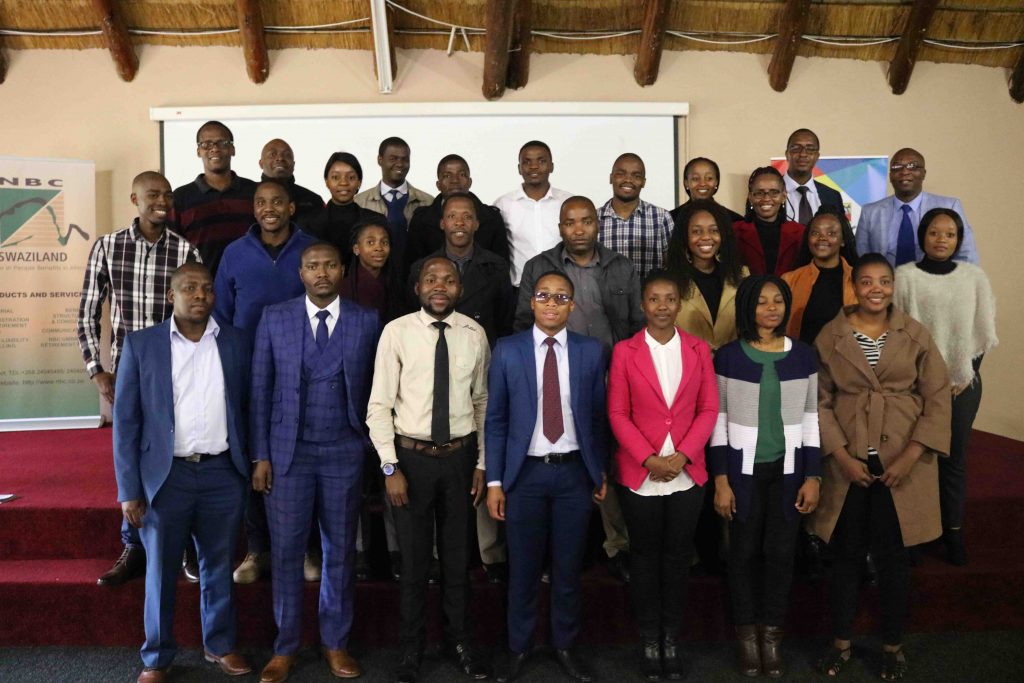UNESWA Statistics and Demography Department hosts Artificial Intelligence Seminar

Intelligent machines that act and react like humans are slowly making their mark globally, especially in the advanced world, making life easier and better for those who use them.
Movements towards closing the technological gap between developed and under-developed countries have been at the center of many governments world over. South Africa, for example, is planning on introducing coding and robotics to students by 2020 in an effort to provide youth with skills to prepare them for a tech-enabled world.
The Statistics and Demography Department at the University of Eswatini hosted an Artificial Intelligence Seminar at the Sibane Hotel with the aim of promoting the acceptance and use of Artificial Intelligence in the Kingdom. The seminar, sponsored by the Negotiated Benefit Consultants (NBC), took place on the 26th of June 2019 and was attended by guests from the Central Bank, Central Statistical Office, Royal Science and Technology Park, Ministry of Economic Planning and Development as well as the Eswatini Tourism Authority.
Making his presentation at the seminar, Mr. Sidumo Masango, who is a lecturer under the Statistics and Demography Department at UNESWA, said the acceptance and diffusion of Artificial Intelligence such as robotics in Eswatini is very slow and yet it has numerous benefits. He said “There is need for people in the country to move away from the mentality that robotics and Artificial Intelligence are a disruptive innovation and understand that their development and use has numerous benefits in society.”
The Adoption of modern technology and robotics in Eswatini is hindered, among other things, by fears of unemployment, where technology replaces humans to do manual labor. According to Mr. Masango, the development of a program called Society 5.0 looks into ensuring that modern technology does not increase unemployment in the world. Society 5.0 is a Japanese concept that promotes a human centered society that balances economic advancement with the resolution of social problems by a system that integrates cyberspace and physical space.
Making presentations on Artificial intelligence at the seminar were lecturers of UNESWA as well as current and former students. The department aims to host seminars every six months. The theme for this year was “Progress of Artificial Intelligence in Eswatini in the era of Society 5.0 and industry 4.0.”
SOME OF THE BENEFITS OF USING ARTIFICIAL INTELLIGENCE
Advanced technology can contribute to the development of the education, health, financial and agricultural sector to name a few. In developing countries Artificial Intelligence has been applied in smart agriculture, introducing the use of advanced tools by farmers for their crops. If applied correctly Artificial Intelligence can increase crop yields and quality, lower labour costs and improve the health of consumers. This is especially important in ending world hunger. The Financial sector has also witnessed the benefits of using Artificial Intelligence and today, it is an integral part of its functions. Banks use Artificial intelligence in personalized banking, trading and fraud prevention to name a few.
